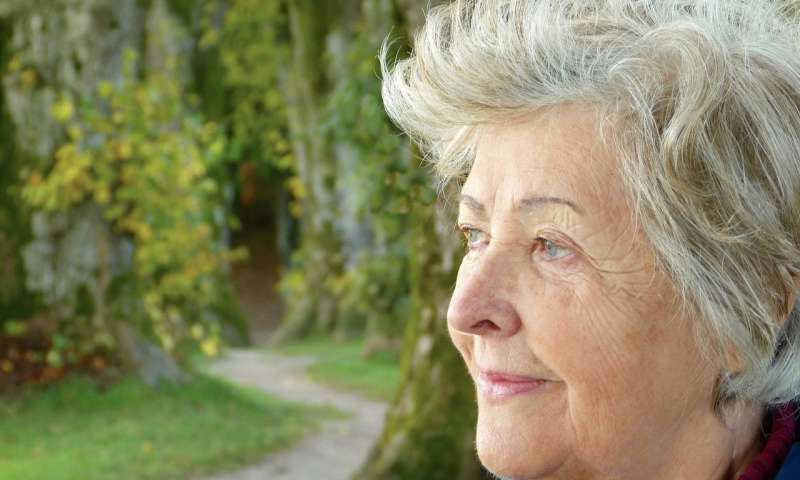Older people can come to believe their own lies

What happens when older adults lie?
A new study suggests that in as little as 45 minutes they can come to believe it's the truth.
Associate professor of psychology Angela Gutchess and her colleagues published the research online in the journal Brain and Cognition.
Gutchess and her collaborators used electroencephalography (EEG) to monitor the brain activity of younger and older adults while they answered a questionnaire truthfully and deceptively.
In the study, the older cohort, ages 60-92, proved significantly more likely than the 18-24-year-olds to accept as the truth a lie they had told less than an hour earlier.
"Older adults have more difficulty distinguishing between what's real and not real," said Laura Paige, a former graduate student in the Gutchess lab and the paper's first author.
Paige said her findings suggest that telling a falsehood scrambles older people's memory so they have a harder time recalling what really happened, in effect giving greater credence to the lie.
"Once they've committed to a lie, it's going to alter whether they remember doing something," said Paige, who now works forn Applied Marketing Science, a market research and consulting firm in Waltham, Massachusetts.
In the study, 42 participants, about half seniors and half millennials, were given a form with 102 questions about what they did the previous day. The form asked them to respond to questions such as "Did you press snooze on your alarm clock?" and "Did you use a fork to eat lunch?"
On half the questions, chosen at random, the researchers told the subjects to lie.
Forty-five minutes later, the respondents answered the same questionnaire. This time they were told to answer all the questions truthfully.
The central research question was: Did the lie stick? When the participants lied on a question the first time, did they remember they had lied or did they now think the lie was the truth?
The results showed that compared to the younger group, older adults were more inclined to believe the lie.
In addition, the EEG data revealed that lying engaged the brain processes responsible for working memory. According to Paige, this finding suggests a lie can embed itself in memory and come to feel as real as the truth.
"Lying alters memory," she said. "It creates a new memory for something that didn't happen."
More information: Laura E. Paige et al. Influence of age on the effects of lying on memory, Brain and Cognition (2018). DOI: 10.1016/j.bandc.2018.10.002


















